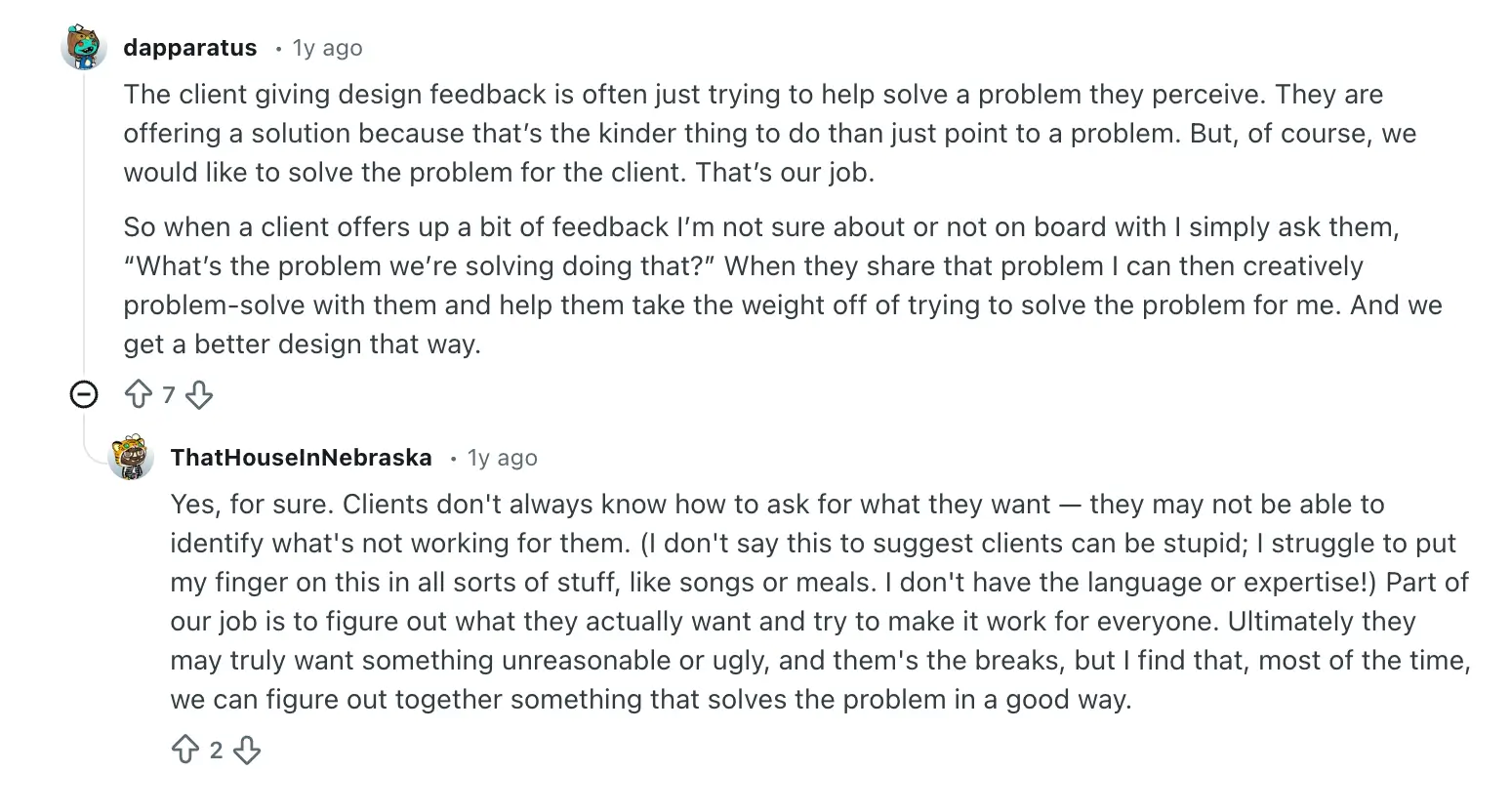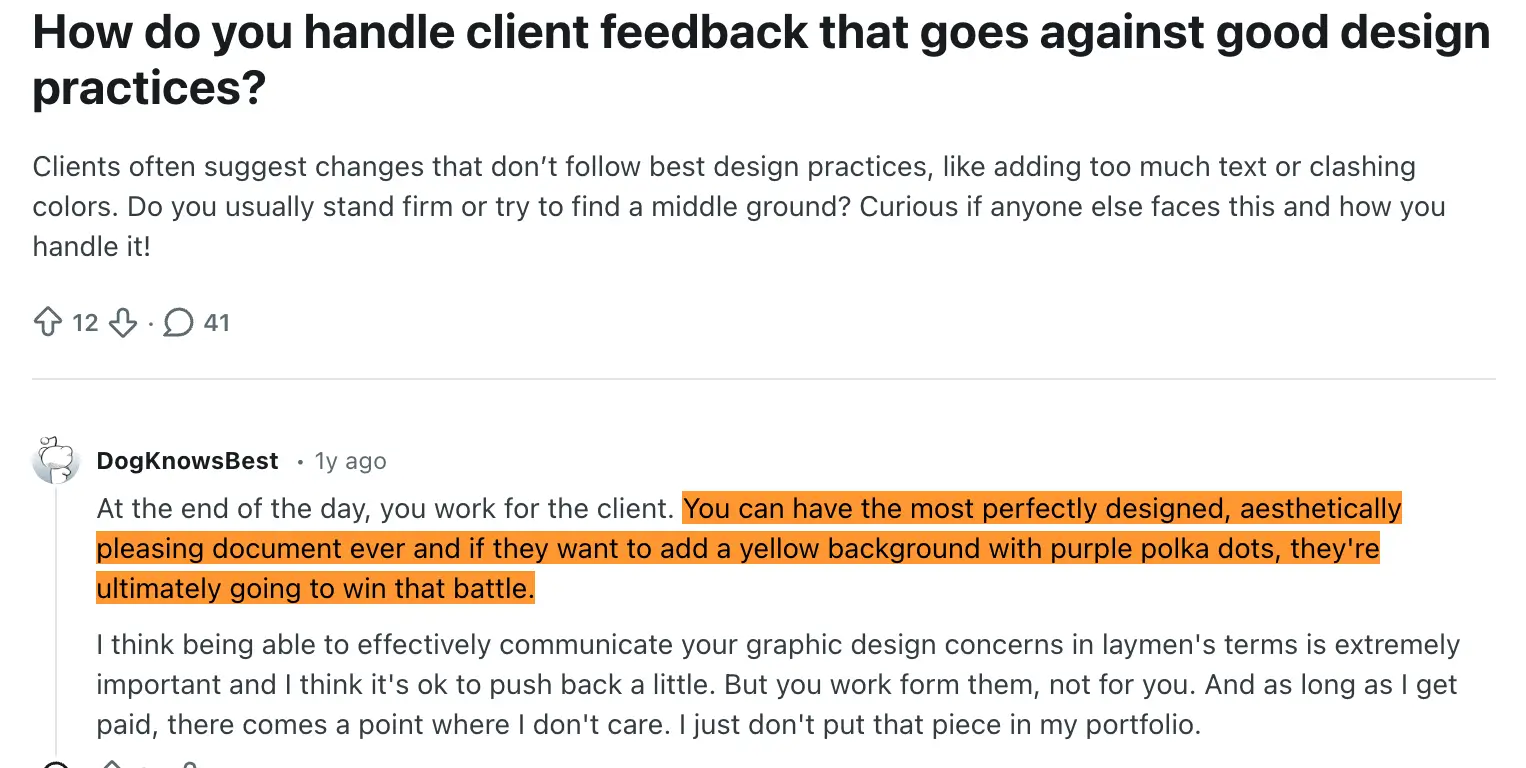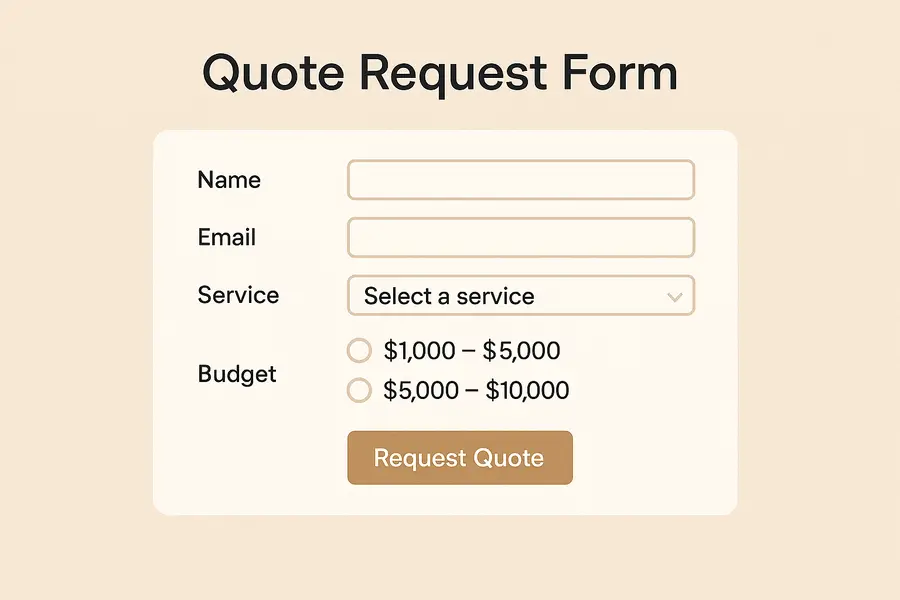B2B Marketing: 7 Key Strategies for Long-Term Growth
Long-Term Success
Apr 8, 2025
0 min
In today’s competitive landscape, B2B marketing is no longer just about generating leads - it’s about building long-term relationships, positioning your brand as a trusted resource, and aligning with your customers’ evolving needs. Unlike B2C, where decisions can be impulsive and emotionally driven, B2B marketing requires a strategic approach grounded in logic, value, and trust.
As buying journeys grow more complex and decision-making teams expand, businesses must adopt sustainable marketing practices that support both growth and retention. In this article, I’ll explore proven strategies that help B2B brands stand out, earn credibility, and drive results over the long haul.

What Is B2B Marketing?
Before diving into strategy, it’s important to understand the fundamentals. So, what is the B2B marketing approach, and how does it differ from traditional consumer-focused tactics?
B2B (business-to-business) marketing refers to the strategies and techniques used by one business to market its products or services to another business.
Unlike B2C (business-to-consumer) marketing, which targets individuals making personal purchases, B2B marketing focuses on organizations, procurement teams, and decision-makers who are looking for long-term value and operational solutions.
Why Long-Term Growth Requires Strategy
Why Long-Term Growth Requires Strategy
In B2B marketing, long-term success doesn’t come from one-off efforts, it requires a structured, consistent approach. Here’s why a strategic mindset is essential for sustainable growth:
- B2B buyers are informed and cautious – Purchasing decisions involve research, comparisons, and multiple stakeholders. Without a clear strategy, your message can get lost or overlooked.
- Consistency builds credibility – Strategic marketing ensures your brand voice, message, and value proposition are aligned across all channels.
- A defined strategy supports lead nurturing – It helps guide prospects through each stage of the buyer’s journey, from awareness to decision, with the right content at the right time.
- It aligns marketing with business goals – Strategic planning connects day-to-day marketing efforts to larger company objectives like revenue growth, retention, or expansion into new markets.
- It creates long-term value, not just quick wins – Instead of focusing solely on short-term conversions, strategy helps you build long-lasting relationships and brand trust.
- Improves efficiency and measurement – With clear goals and systems in place, it becomes easier to track performance, optimize campaigns, and scale what works.
Key B2B Marketing Strategies
Long-term success in B2B marketing depends on choosing the right strategies - ones that not only attract leads but also build trust and nurture relationships over time. Below are several proven tactics that form the foundation of a strong B2B marketing strategy:

1. Content Marketing & Thought Leadership
Content is the backbone of effective B2B marketing. Instead of pushing products, focus on educating your audience with valuable, relevant content that solves real problems.
Use blog posts, whitepapers, and case studies to guide prospects through the buyer journey. Share expert insights and industry trends to build authority and trust.
Repurpose content across platforms and track engagement to refine your strategy. When done right, content marketing positions your brand as a thought leader, and keeps you top-of-mind when it’s time to buy.
2. Account-Based Marketing (ABM)
Account-Based Marketing is a highly targeted B2B marketing strategy that focuses on engaging specific high-value accounts rather than broad audiences.
Instead of casting a wide net, ABM aligns marketing and sales to create personalized messaging, campaigns, and experiences tailored to key decision-makers at target companies.
It’s especially effective for B2B companies with long sales cycles, as it fosters deeper relationships, improves conversion rates, and maximizes ROI by concentrating efforts where they matter most.
3. SEO and Organic Visibility
A strong SEO strategy is essential in B2B marketing, especially when buyers start their research online long before contacting sales.
Focus on optimizing your website and content for high-intent, long-tail keywords that match your audience’s search behavior. Create valuable, search-friendly content like blog posts, landing pages, and resource hubs that answer specific questions.

Technical SEO, site speed, mobile optimization, and a clear content structure all contribute to better rankings and long-term organic traffic. Well-designed, user-friendly websites also play a key role in keeping visitors engaged and guiding them toward conversion.
4. Email Marketing & Lead Nurturing
Email remains one of the most effective tools in B2B marketing, especially for nurturing leads over longer sales cycles.
Use segmented lists and automated workflows to deliver personalized, relevant content based on where prospects are in their journey. Share case studies, product updates, insights, and invitations to webinars or demos.
Consistent, value-driven communication keeps your brand top-of-mind and helps move leads closer to a decision, without being pushy.
5. LinkedIn and Paid Media Campaigns
LinkedIn is a powerful channel for B2B marketing, offering direct access to decision-makers and industry professionals.
Use targeted LinkedIn ads, sponsored posts, and InMail campaigns to promote valuable content, drive traffic, and generate qualified leads. Pair this with retargeting ads on platforms like Google and Meta to stay visible throughout the buyer’s journey.

With precise audience targeting and compelling messaging, paid media campaigns can accelerate lead generation and support your broader marketing goals.
6. Data-Driven Personalization
Personalization is no longer optional in B2B marketing - it’s expected. By leveraging data from your CRM, website analytics, and user behavior, you can tailor messaging, content, and offers to match each lead’s specific interests and stage in the funnel.
This could mean custom email content, dynamic landing pages, or personalized product recommendations.
The result? Higher engagement, stronger relationships, and better conversion rates across the board.
7. Using B2B marketing tools
The right tools can amplify your B2B marketing strategy without adding complexity. From automation platforms and CRMs to analytics dashboards and content planning apps, these tools help streamline tasks, maintain consistency, and support data-driven decisions.
While tools aren’t a strategy on their own, they make it easier to execute key initiatives, like lead nurturing, personalization, campaign tracking, and content distribution, at scale. Even small teams can work smarter and deliver enterprise-level results with the right toolkit in place.
Building a B2B Brand That Lasts
In competitive markets, trust and recognition are key to long-term success, and that’s where B2B brand marketing plays a vital role.
Beyond short-term lead generation, a strong brand helps you build credibility, stand out from competitors, and stay top-of-mind throughout long buying cycles. Consistent messaging, visual identity, tone of voice, and customer experience all contribute to building a brand your audience respects and remembers.
B2B buyers want to partner with companies they believe in. A well-defined brand makes that decision easier.
Real-World B2B Examples
Sometimes the best way to understand effective B2B marketing is by seeing it in action. Here are a few standout B2B business examples that demonstrate how strategic marketing drives long-term growth:
HubSpot
Through valuable content, free tools, and educational resources, HubSpot has positioned itself as a go-to authority in inbound marketing. Their consistent branding and customer-focused approach make them a top choice for businesses of all sizes.
Salesforce
Salesforce uses a mix of account-based marketing, community-building, and event-driven campaigns (like Dreamforce) to engage enterprise clients. Their personalized approach and strong brand identity help build lasting customer relationships.
Slack (B2B use case)
While Slack is known as a productivity tool, its growth in the B2B space is largely due to targeted campaigns that highlight team collaboration benefits for companies of all sizes.

Conclusion
B2B marketing is no longer about one-size-fits-all outreach or generic sales tactics, it’s about building meaningful, long-term relationships through strategic, data-informed efforts. From content marketing to account-based targeting, SEO to personalization, each tactic plays a role in attracting, engaging, and converting modern business buyers.
The most successful B2B brands are those that adapt to longer buying cycles, focus on solving real problems, and maintain consistency across every touchpoint, from messaging to design. As buyer expectations continue to evolve, so should your marketing strategy.
Whether you're just refining your approach or scaling a growing team, long-term success depends on your ability to align marketing with value, and to do it in a way that truly connects with the businesses you serve.














